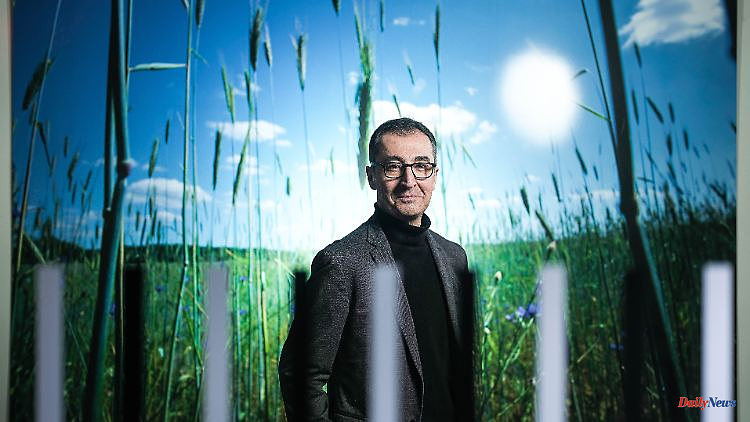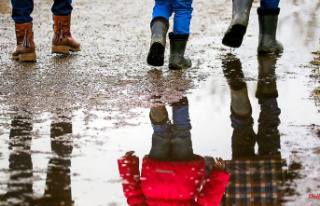The use of biofuel is highly controversial. The alternative fuel was originally introduced for climate protection and to reduce dependence on oil. But the negative effects predominate, warns Federal Minister of Agriculture Özdemir.
Federal Agriculture Minister Cem Özdemir from the Greens wants to quickly end the production of biofuel from grain. "We need a reasonable agreement in the federal government that we can gradually phase out biofuel from food crops in order to be able to use them for human nutrition," Özdemir told the newspapers of the Funke media group. "I would support it if we stopped using fuel from cultivated biomass in the transport sector by 2030."
Biofuels were originally introduced to promote climate protection and reduce dependence on oil, Greenpeace explains on its website. These goals are fundamentally correct. But biofuel is the wrong approach. "Food does not belong in the tank and the mobility of the future is electric," it continues.
The Federal Minister of Agriculture sees it the same way. Cereals should "primarily be used for human nutrition," emphasized Özdemir. "The production of biofuel from food crops has no future - especially not if we take the issue of food security and affordable food seriously."
In the interview, the minister also opposed a total ban on pesticides in protected areas. "We have special cultures such as fruit growing and viticulture, which characterize our cultural landscapes and their biodiversity," he said. "We have to find viable solutions for them, otherwise there will be no more wine from the Palatinate and no more fruit from Lake Constance."
Özdemir refused to suspend the set-aside of cultivated areas for another year. "The compromise was a one-off response to the Russian attack to stabilize markets," he said. "Just like the suspension of the so-called crop rotation requirement so that wheat can be grown on wheat on the same field."
In the future it will again apply "that four percent of the area is reserved for species and soil protection". For this, farmers received their annual agricultural subsidy. The federal government had suspended for a year an EU regulation that would allow all farms to set aside four percent of their land from 2023.
The EU's Common Agricultural Policy (CAP) actually stipulates that from 2023 something different must be grown on arable land every year. Crop rotation is intended to protect the soil. Four percent of the cultivated areas have to be set aside. However, Brussels had given the member states the opportunity to relax these requirements for grain cultivation. This is intended to increase grain production and compensate for possible losses resulting from the Ukraine war.












